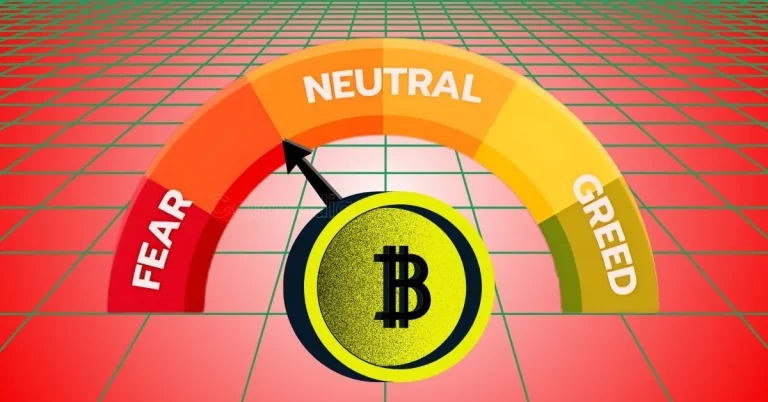The World Health Organisation (WHO), in conjunction with leading health and climate experts, issues a grave warning about the current state of extended heatwaves that are no longer just seasonal inconveniences but an increasingly severe public health crisis. Rising global temperatures, fueled by climate change, are continuously setting new records year after year, prompting urgent concerns about the cumulative health effects of prolonged exposure to extreme heat. The dangers of heatwaves go beyond immediate impacts like heatstroke and dehydration. Prolonged heat can exacerbate chronic conditions such as cardiovascular and respiratory diseases, with symptoms sometimes emerging days after a heatwave begins. Research indicates that heatwaves not only pose threats during the event but also in the critical days that follow, affecting individuals’ health in various ways. The history of the massive heatwave of 2003 in Europe, claiming over 70,000 lives, serves as a stark reminder of the deadly repercussions of prolonged extreme heat. Vulnerable groups such as older adults, young children, people with chronic illnesses, outdoor workers, and those lacking proper cooling resources are at highest risk during intense heat events. To mitigate heat-related illnesses, staying hydrated, limiting outdoor activities, creating cool indoor environments, wearing suitable clothing, checking on vulnerable individuals, and recognizing warning signs are essential preventive measures. Addressing the intensifying heatwave risks requires collaborative efforts from governments, urban planners, and healthcare providers to enhance cooling infrastructure, emergency responses, and public awareness campaigns.






